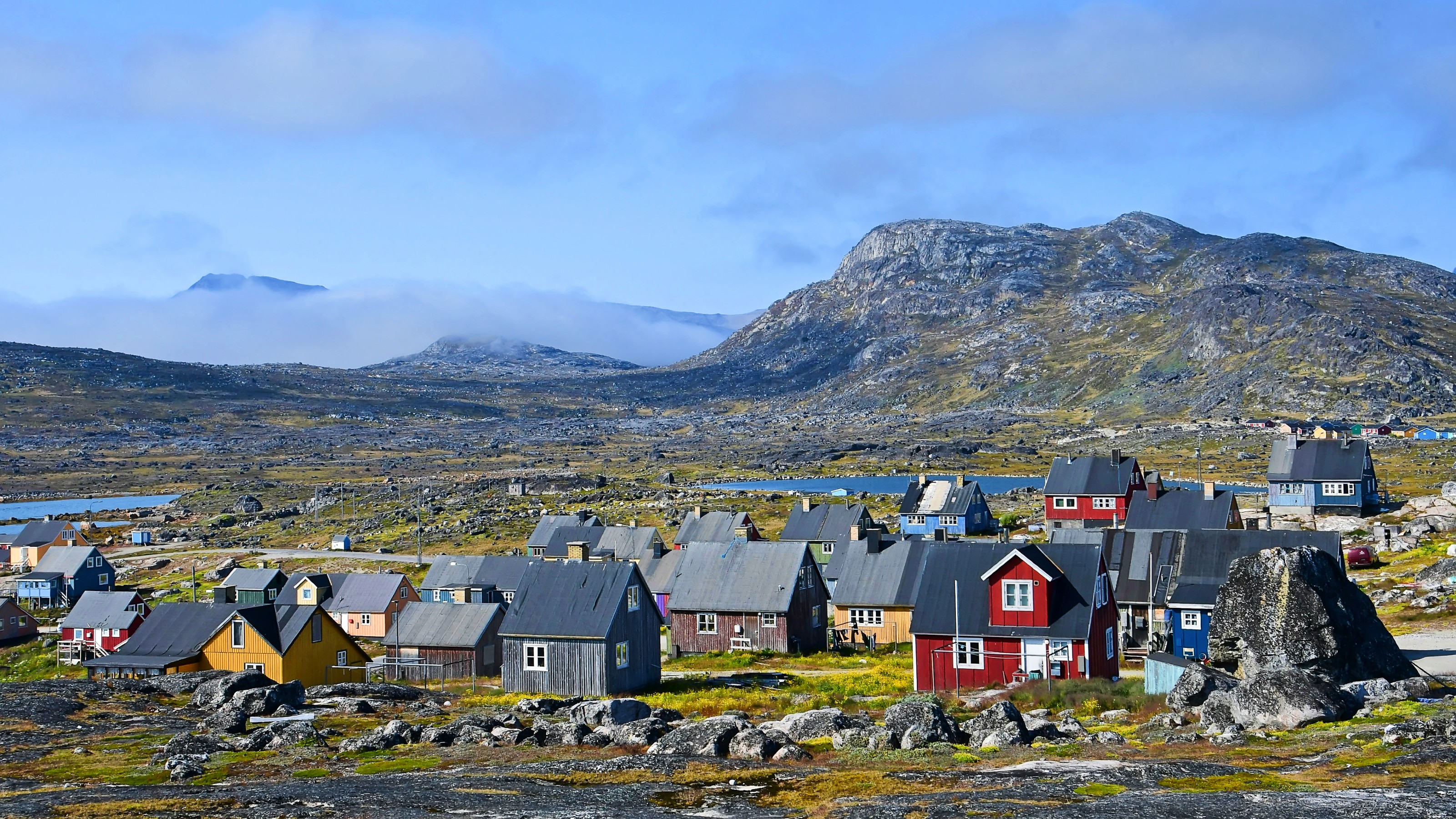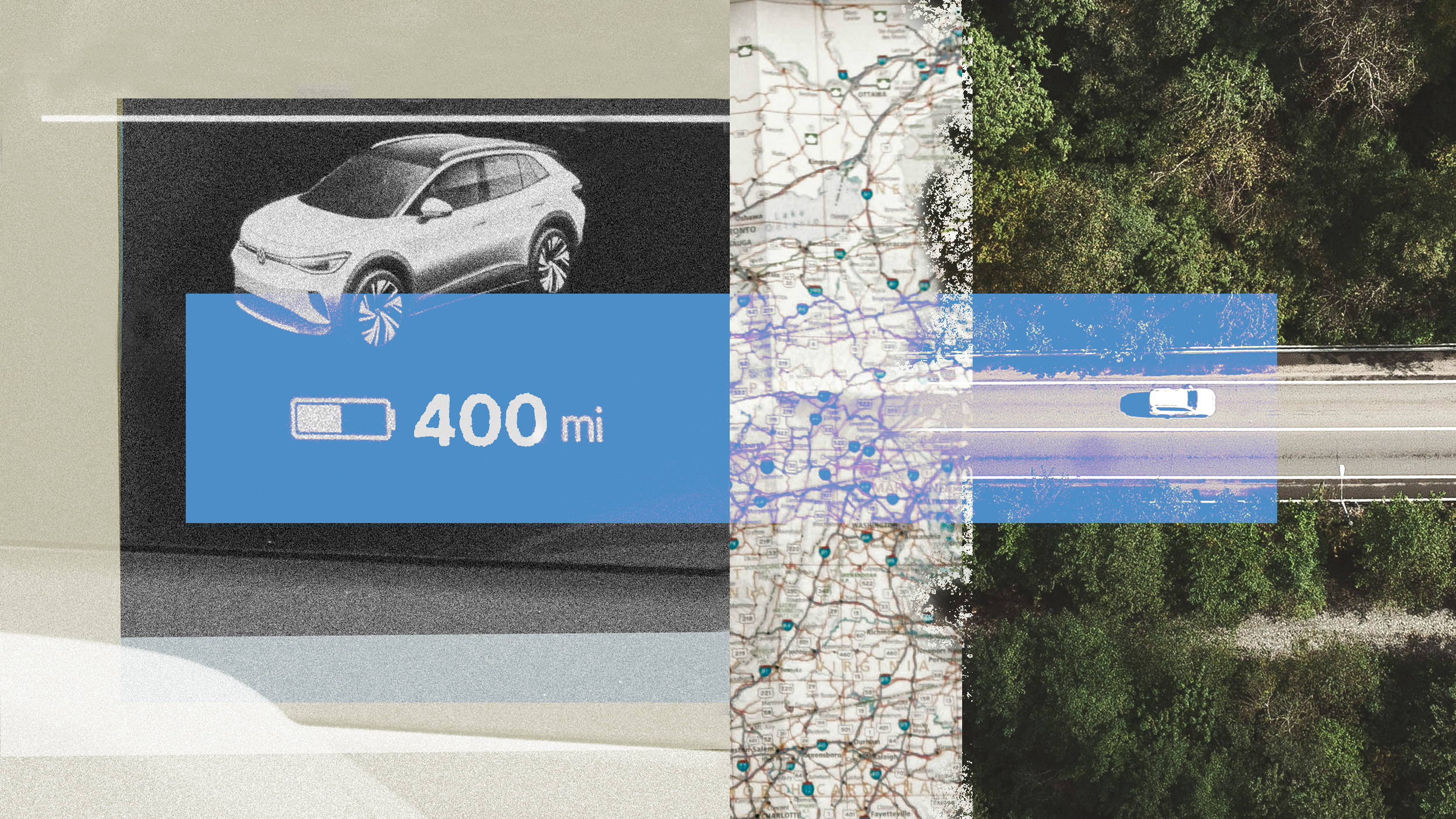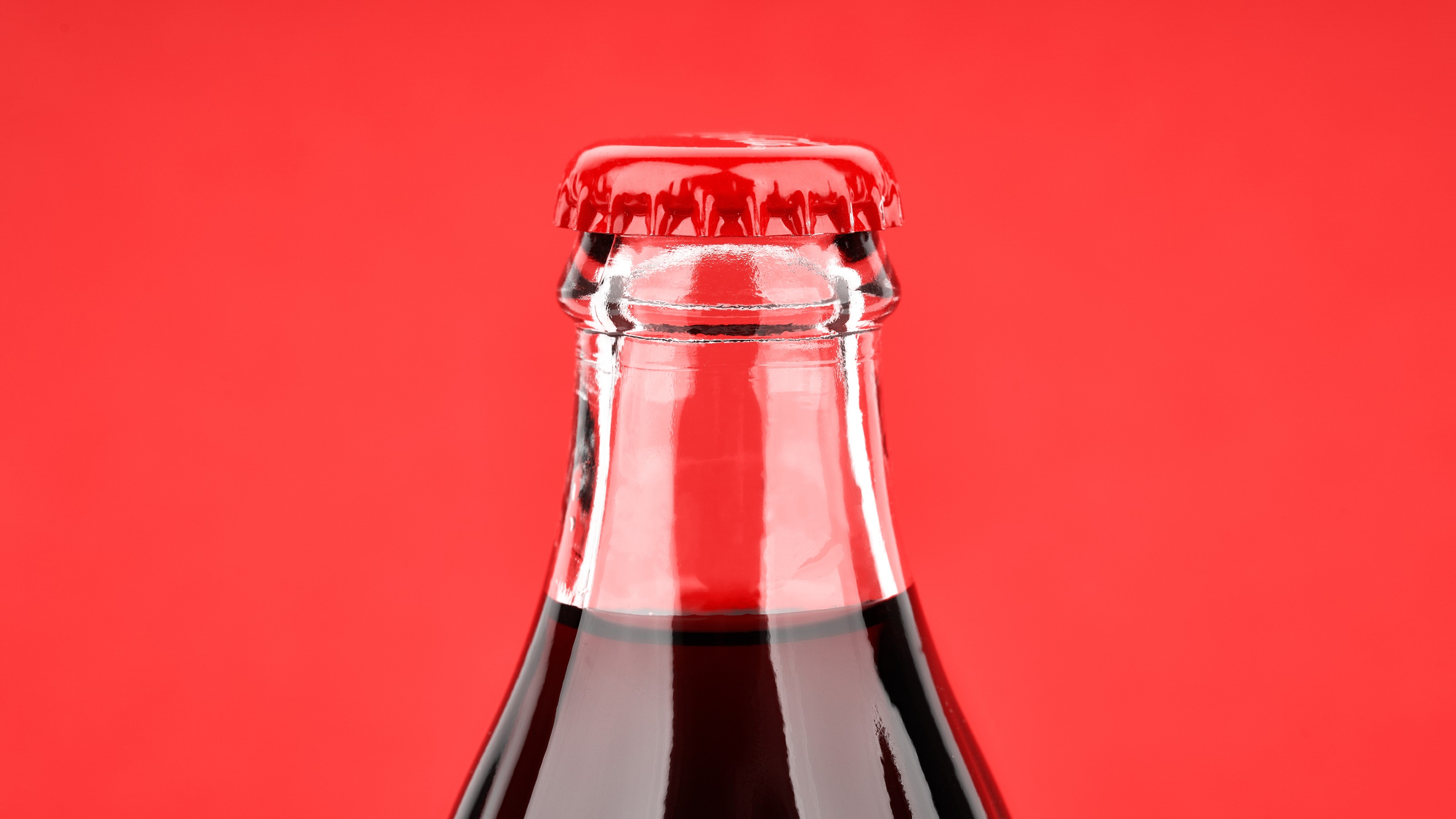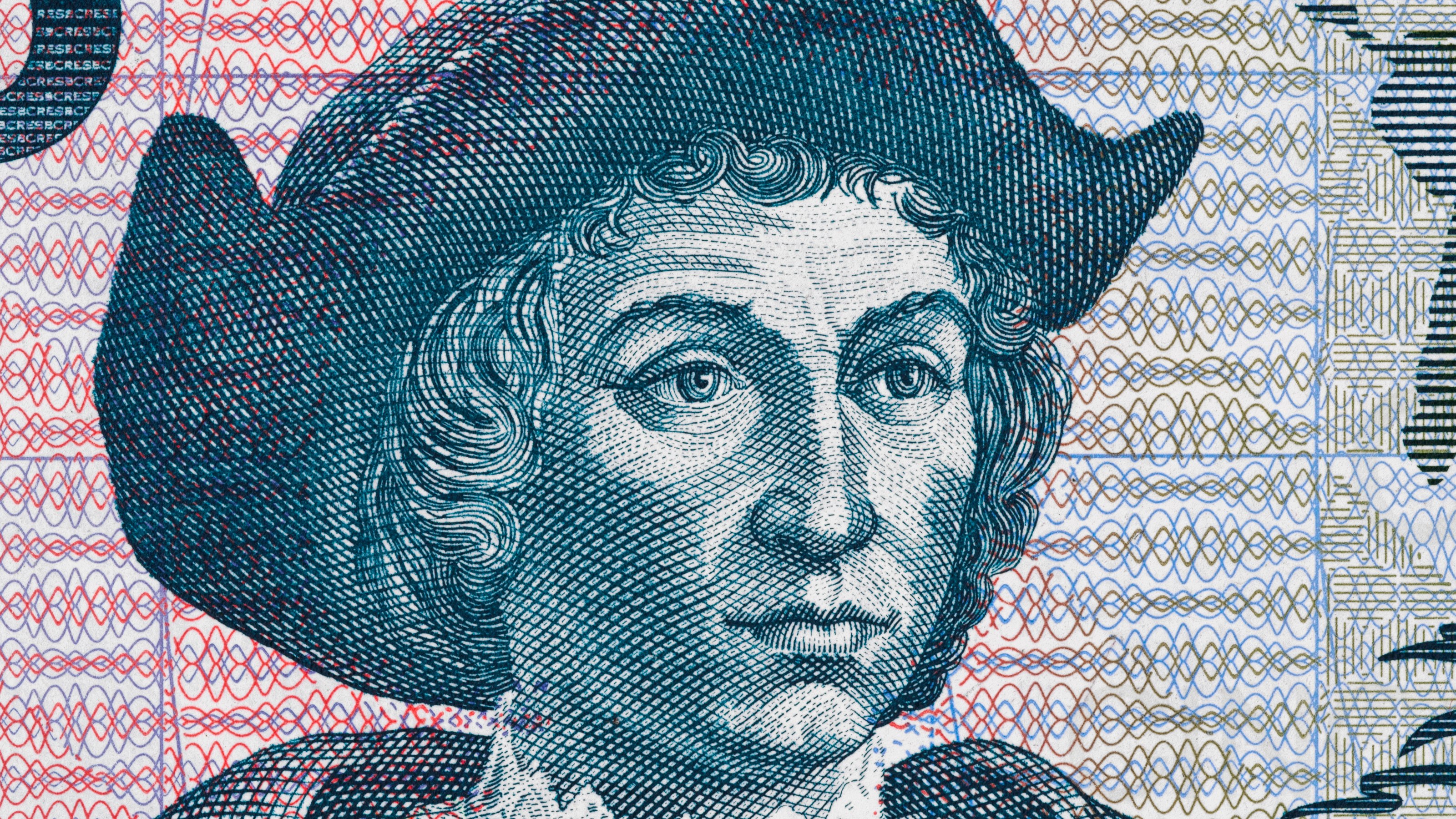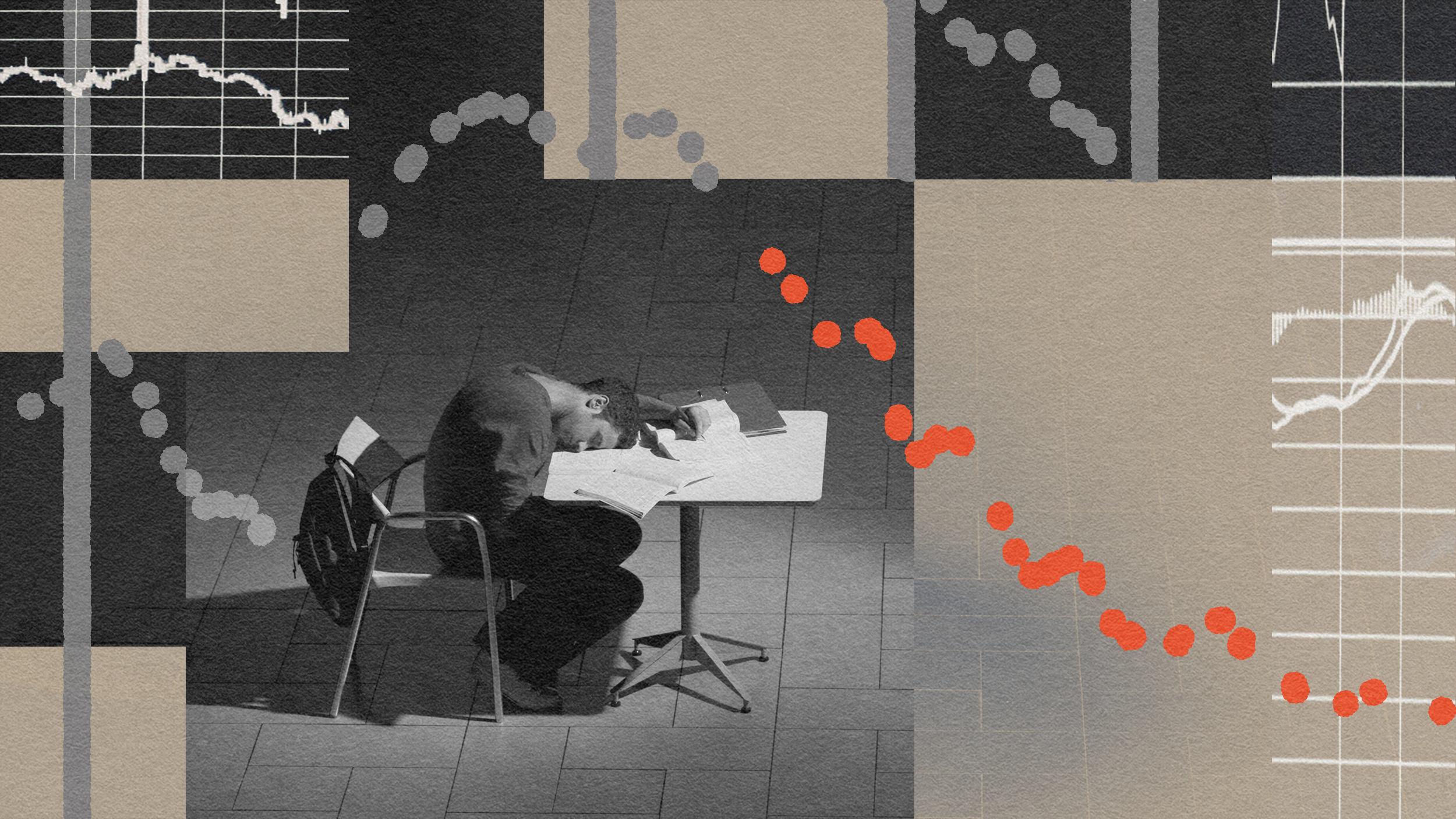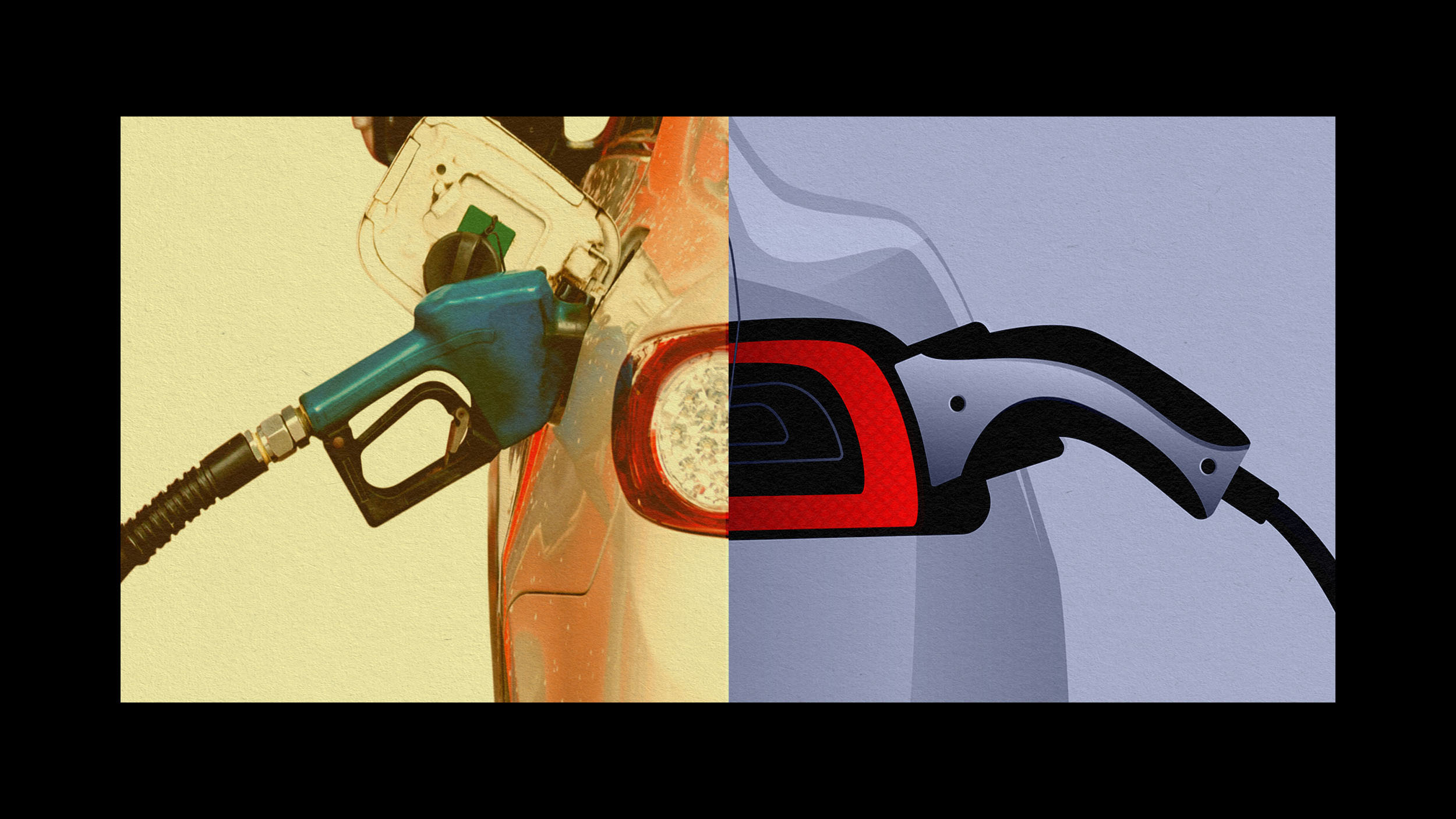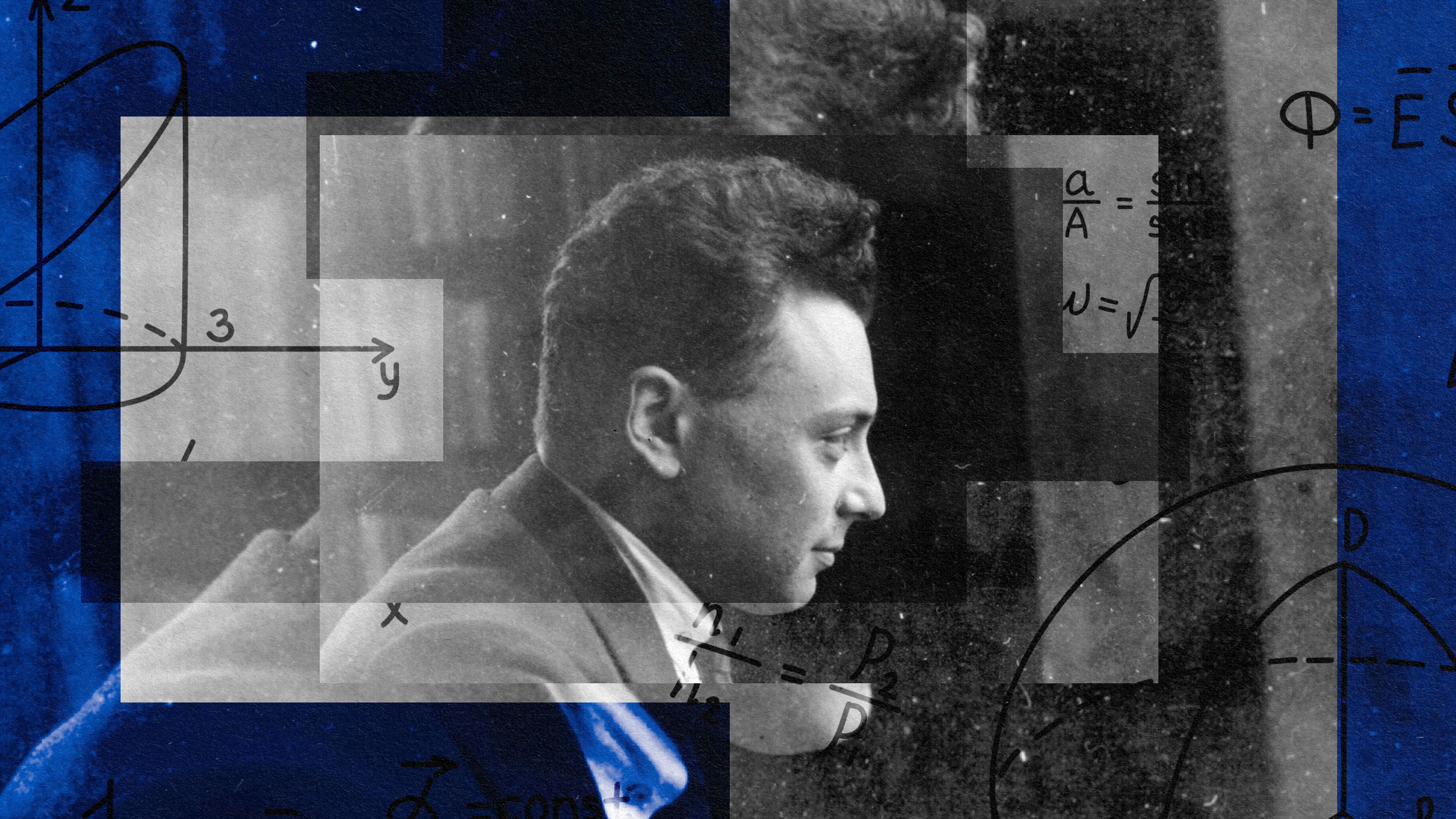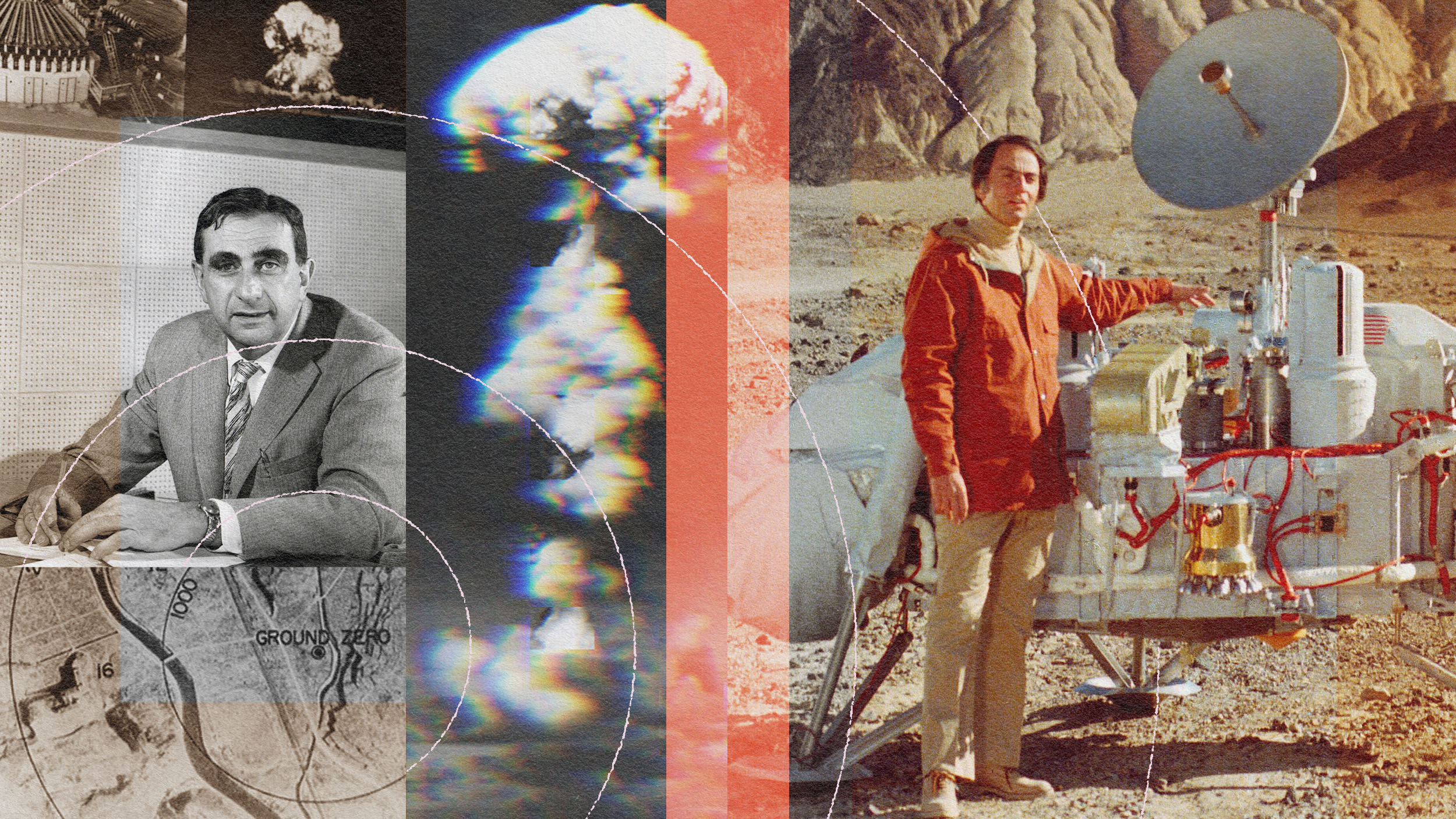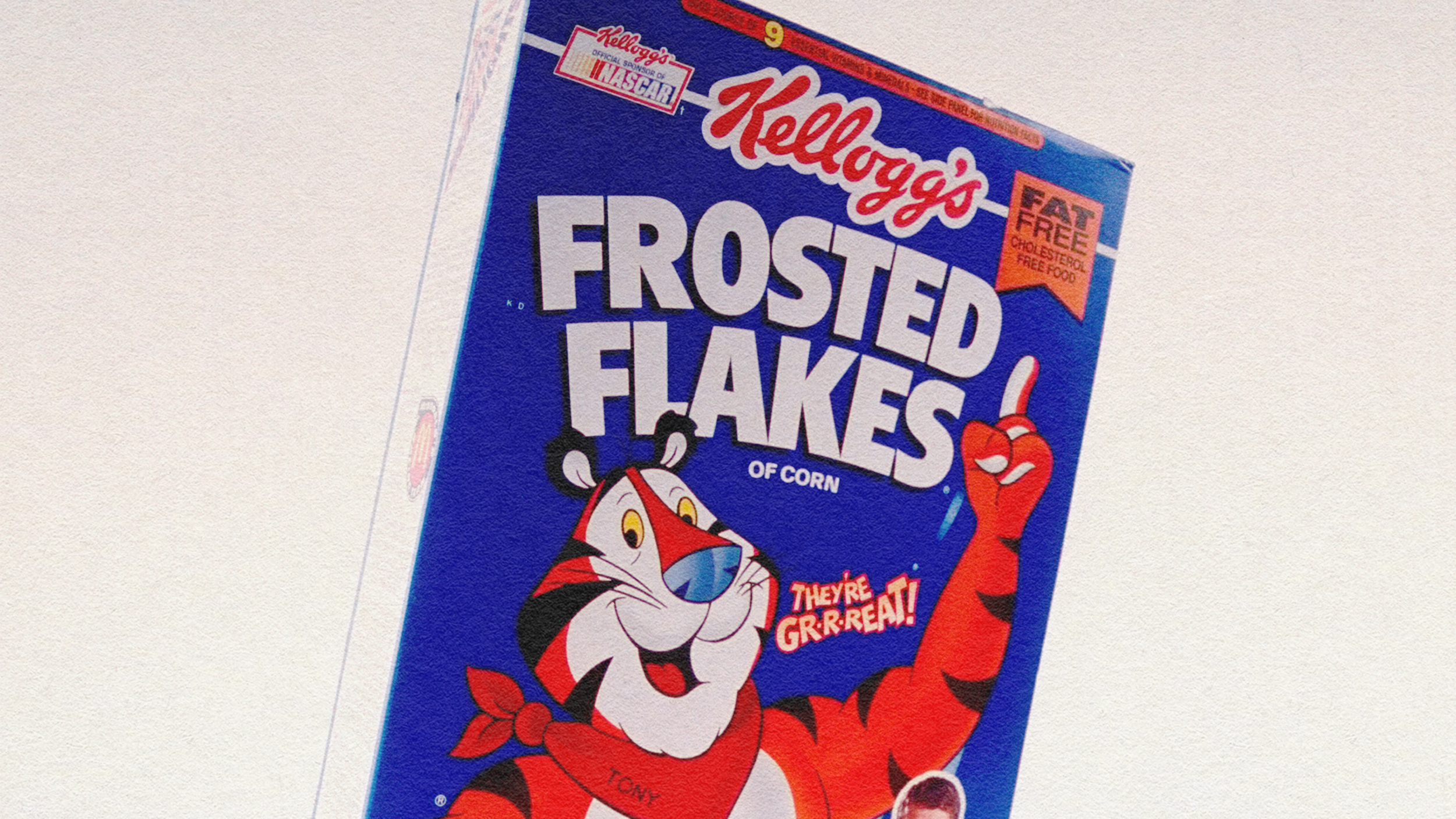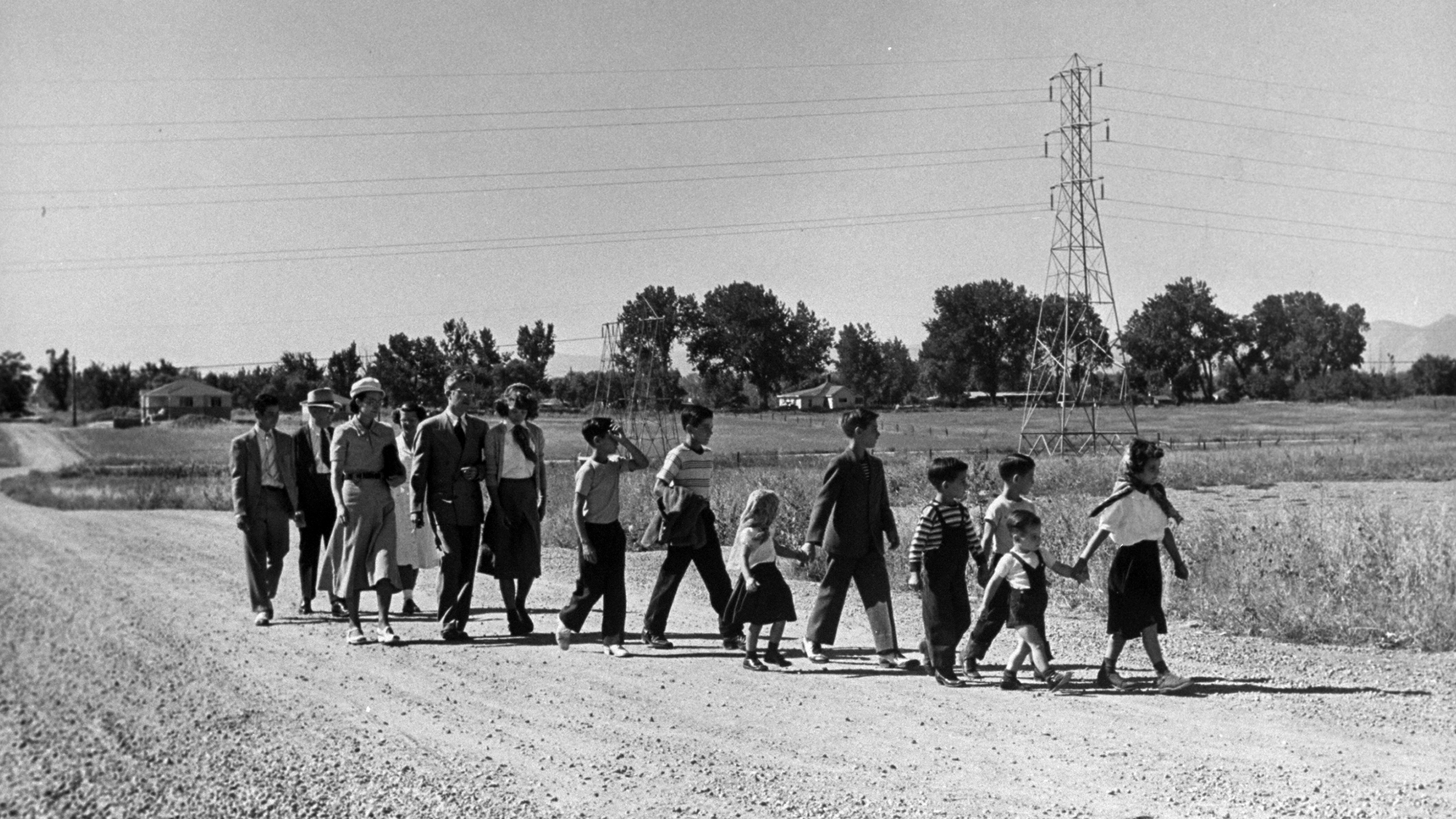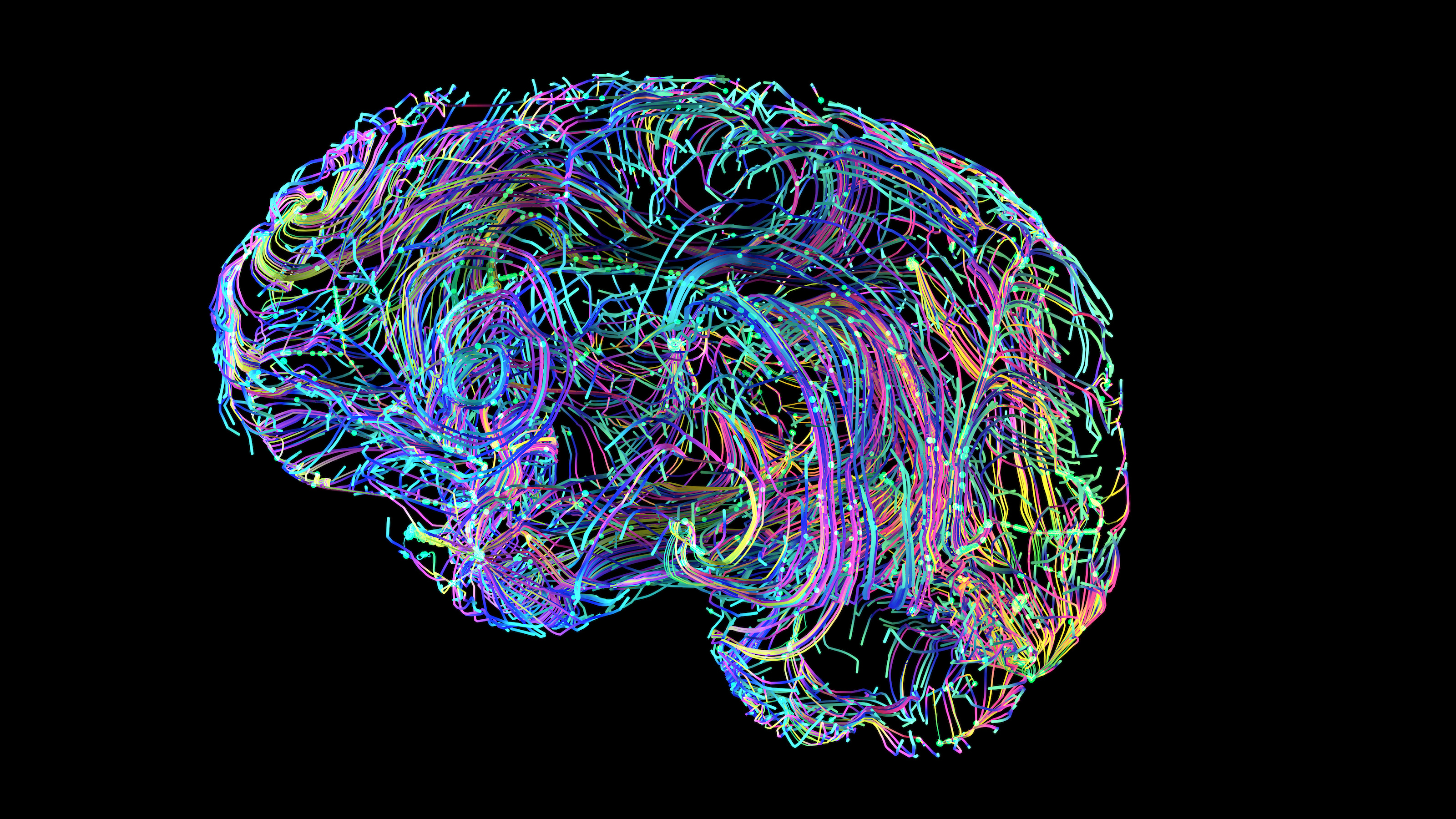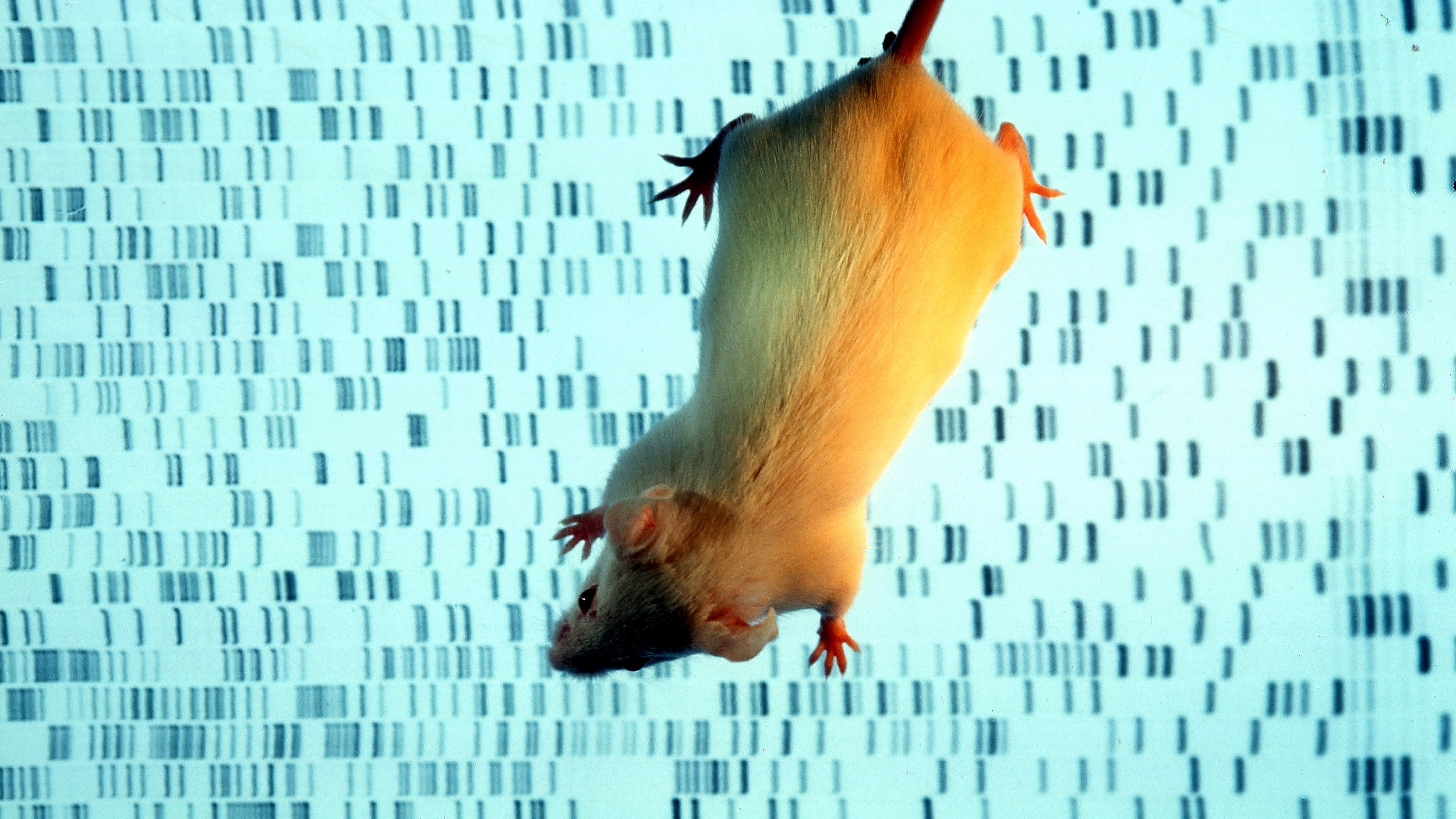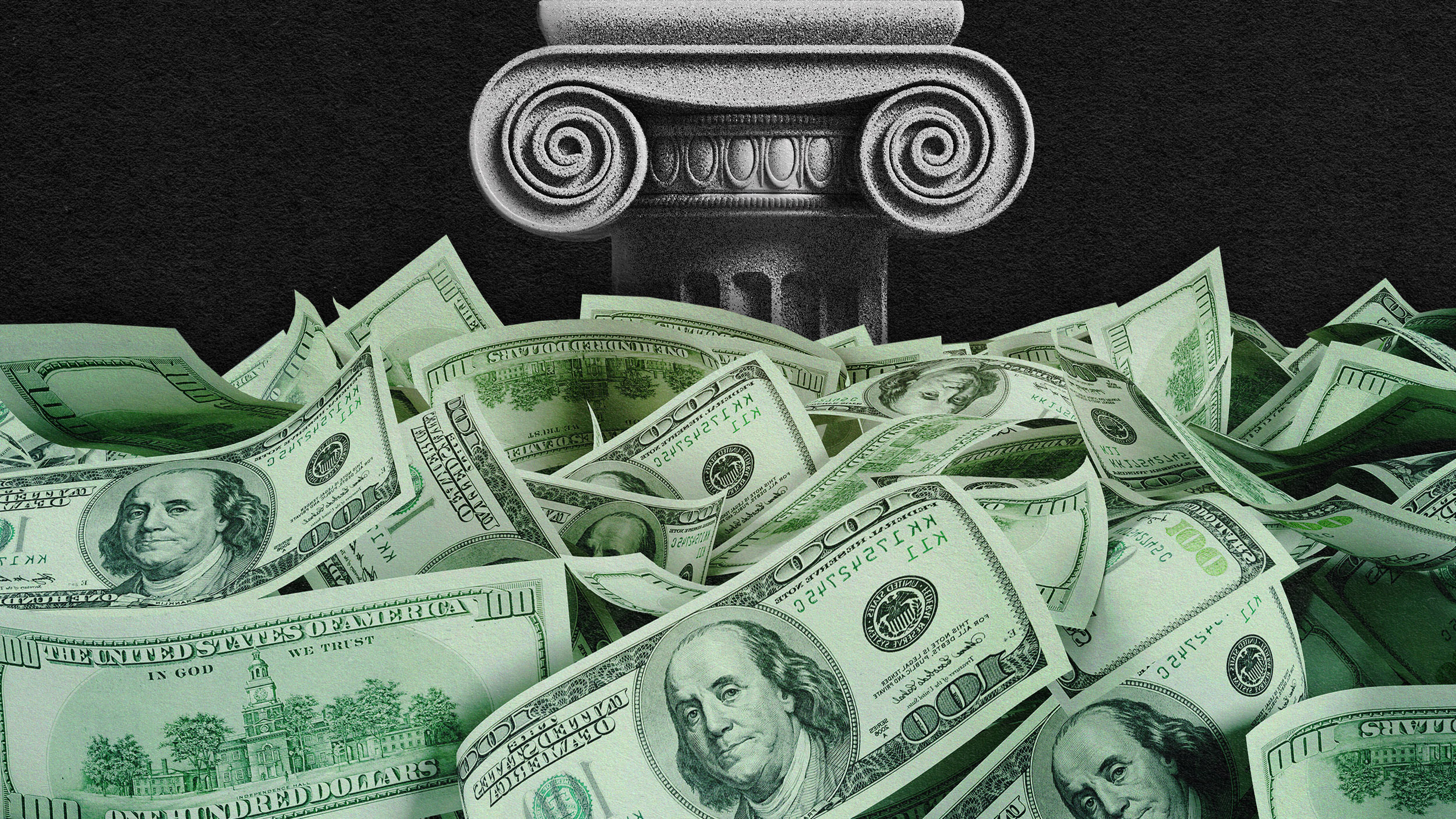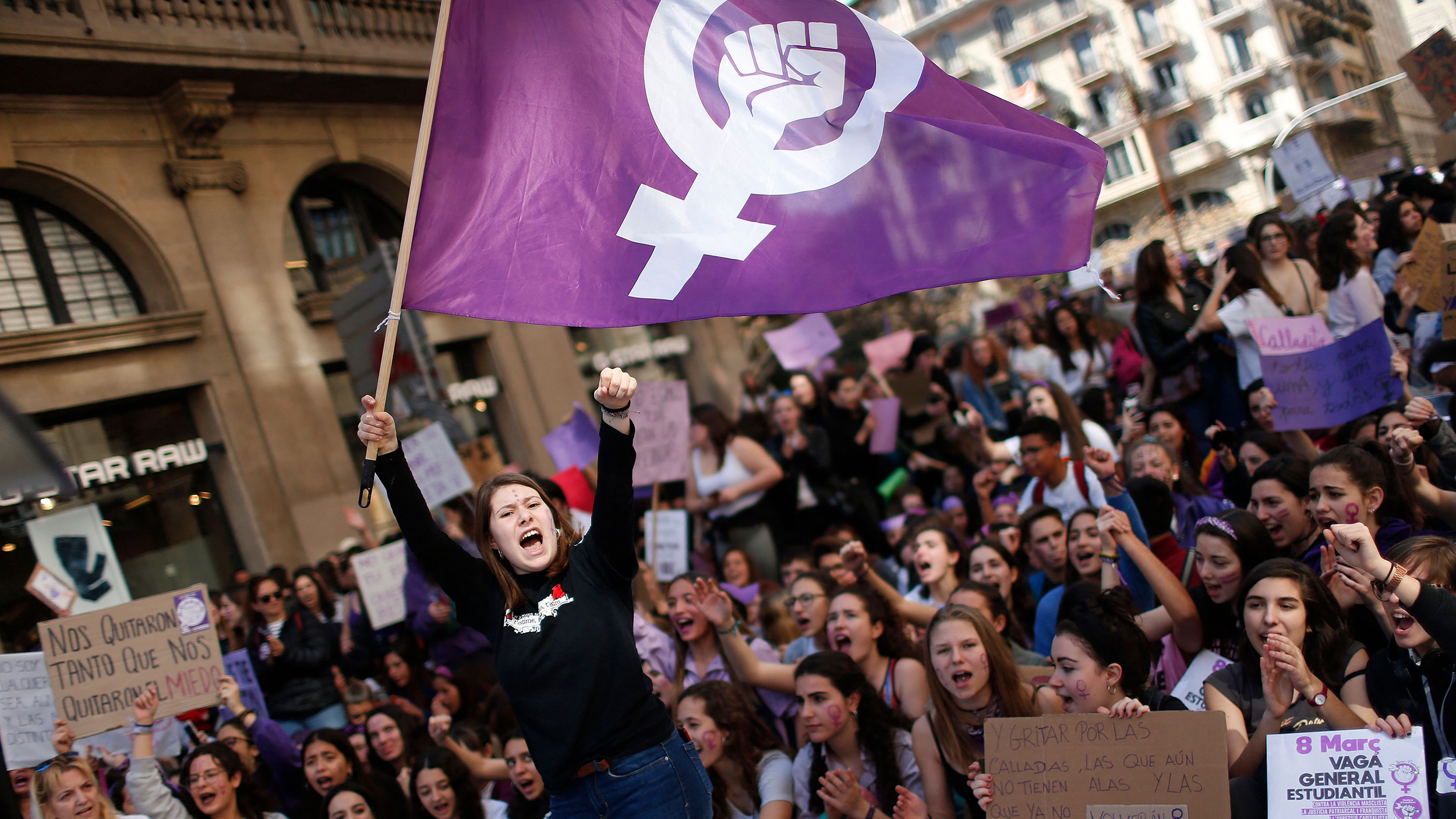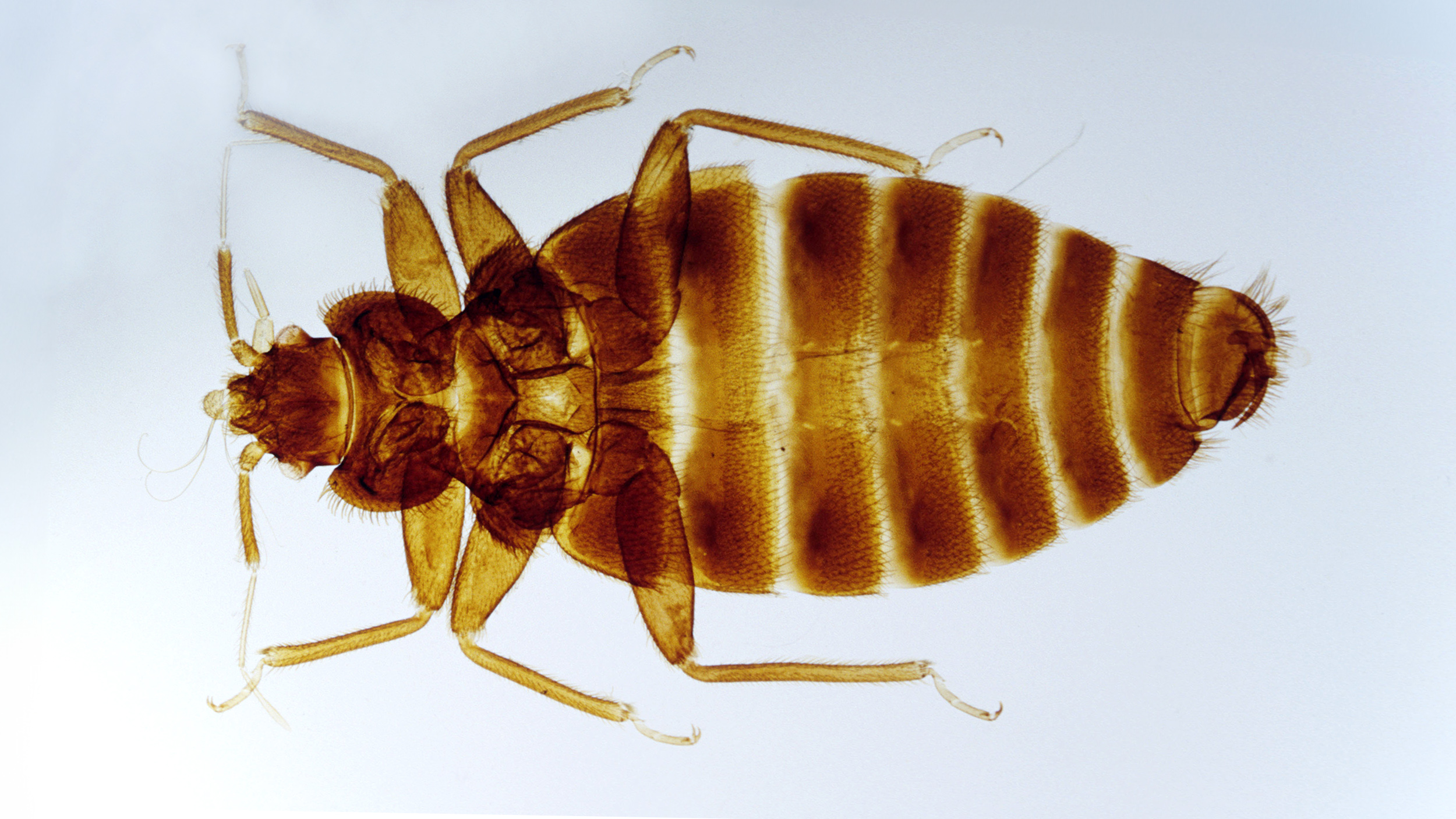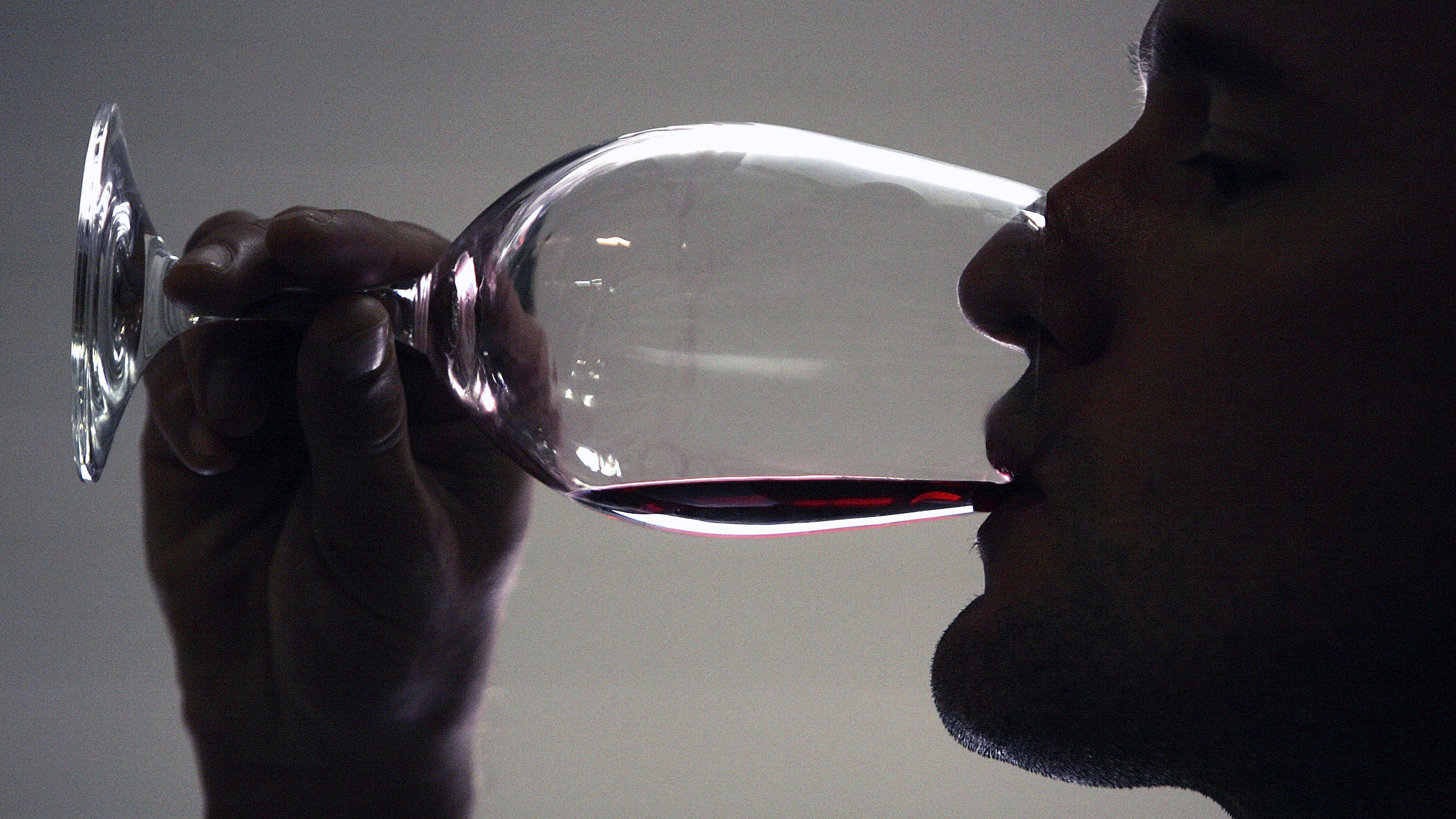Ross Pomeroy
Editor, RealClearScience
Steven Ross Pomeroy is the editor of RealClearScience. As a writer, Ross believes that his greatest assets are his insatiable curiosity and his ceaseless love for learning. Follow him on Twitter @SteRoPo.

Is it genes or their special bond that drives identical twins to offend at similar rates?
In a recent paper, biologists outlined a three-part hypothesis for how all life as we know it began.
About three out of every four people arrested in the U.S. are men. That rate is similar across the world.
After listening to the same playlist, people from the United Kingdom, the United States, and China reported feeling nearly identical bodily sensations.
Some of the world’s most satisfied societies are poor, small, and remote.
Big Think spoke to the author of “The 5 Love Languages” about the popular relationship theory — and its lack of scientific support.
A $30,000 electric vehicle with 400 miles of range that charges in under 10 minutes remains a pipe dream over the near future.
If you eat a diet full of refined grains, high-sugar drinks, and sweets, there’s a good chance you have too much insulin.
New DNA analyses raise questions over the theory that Christopher Columbus and his men brought syphilis to Europe.
Do the benefits of plastics outweigh the costs?
College students once stood out from the pack on IQ tests. Today, they’re about average.
Western societies seem to be getting inflammation achingly wrong.
A new analysis suggests previous “total cost of ownership” studies overlooked key factors.
From Hogwarts to hashtags, kids’ reading habits have changed drastically in recent decades — but data suggests cause for hope.
Smaller family networks, more great-grandparents, and fewer cousins.
The U.S. ranked 59th worldwide.
The ominous cloud of acid rain hasn’t vanished but rather drifted toward the developing world.
Wolfgang Pauli was a brilliant, well-liked physicist and a scathing critic of balderdash.
Teller and Sagan debated fiercely over nuclear proliferation. But was the conflict as personal as it was intellectual for Teller?
Between the hedonic and eudaimonic life, there’s a happy medium to be found.
Is it better to be the oldest sibling, the youngest, or in the middle?
The aging brain is networked differently.
The study is a solid step toward developing gene therapies against neurodevelopmental disorders.
How much do citizens really value free elections?
Stem cells from a fetus can live within the mother for decades — and help her heal.
Claims of a sudden infestation appear unfounded.
Decades ago, a disaster left three million acres of land uninhabitable and killed between 85,600 and 240,000 people. Chernobyl? No. Banqiao dam in China.




